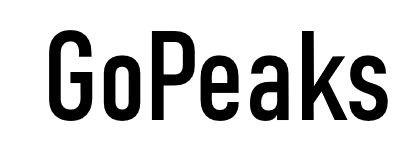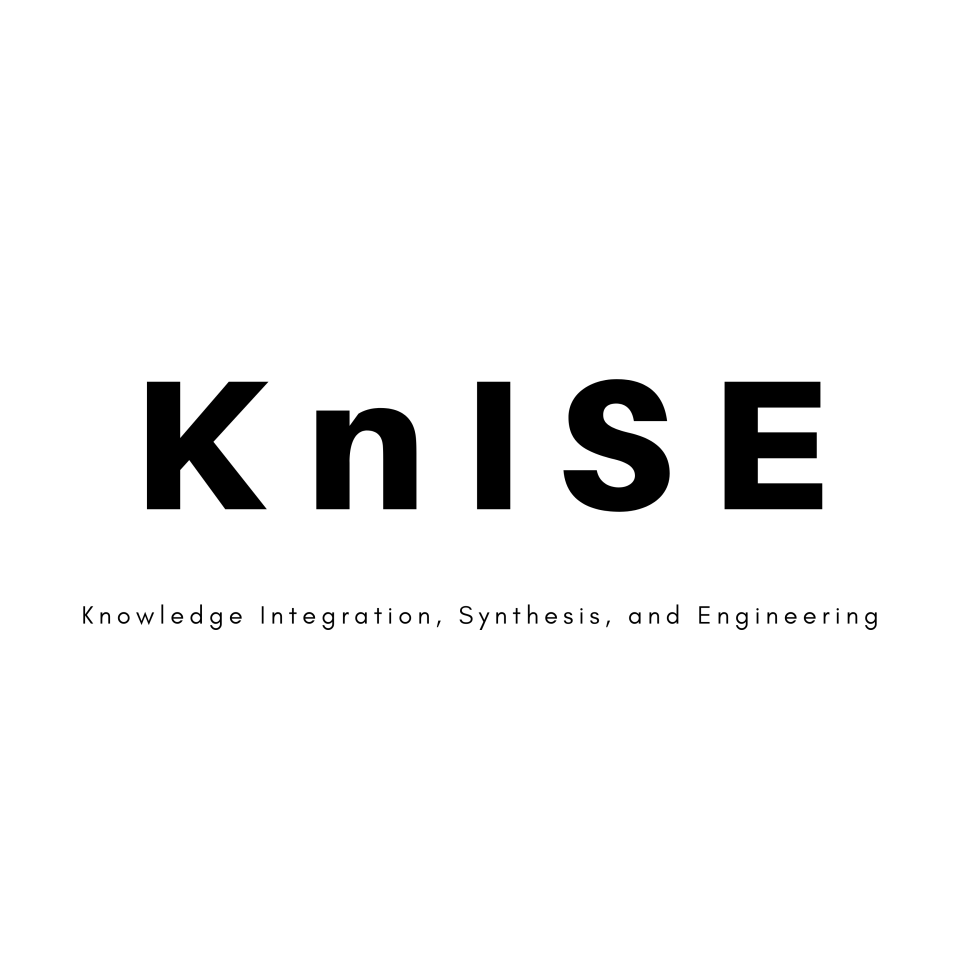No one medicine is panacea; neither is GoPeaks. In the holistic boundary of knowledge for practice (see figure above), GoPeaks falls into the category of synthesis wisdom in my conceptualization of a tripod for holistic wisdom
(the others being analysis and phronesis). Overall, by incentivizing works from analysis to synthesis (arrows in the figure), GoPeaks helps to close the knowledge-practice gap by understanding what knowledge area a decision is located in and thus the best approach on which to base a decision.
Prescribing true "best practices"
It can synthesize theories and empirical evidence to automate some decision rules as well as identify their context boundaries; that is, knowledge-based prescriptions for imitable "best practices".
Debunking false "best practices"
It can de-automate some rigid thinking short-cuts that are not supported by empirical evidence or are applicable only in a narrow and difficult-to-replicate context; that is, it can debunk pseudo theory-based/nonreplicated "best practices" myths.
It cannot, however, replace human judgment.
Business (like other professional subjects) is not a science (a tool in analysis wisdom); it is a practice that integrates science, art, philosophy, and many other branches of theoretical and practical wisdom to enhance performance.
While science (and analysis in general) helps to break down a complex problem into coherent parts and synthesis integrates them back together, accomplishing goals in practice is far more complex than analysis and synthesis alone (the two of which collectively form theoretical wisdom).
Many practical problems require practical wisdom, or what Aristotle called phronesis. These issues include not only emergent paradigm shifts on how to apply theoretical wisdom to complex contexts, but also problems for which existing theory or empirical tests are fundamentally useless.
For instance, actions often must be taken in unforeseen, unknown, or changing contexts, leading to intractable decision problems that cannot be rationally analyzed (i.e., untheorizable problems). As another example, business (or any practice) relies not only on imitation of imitable "best practices" (i.e., theoretical wisdom), which, ironically, erodes an imitator’s favored competitive position as these practices become accessible to more imitators over time; it also relies on creative activities for idiosyncrasy, abnormality, and heterogeneity that empirically have no precedent (i.e., untestable problems).
These problems require intuitive skills (e.g., design thinking and thought experiments) as well as strong will, value propositions, and effective communication (e.g., sense of humor)
to accomplish goals.


